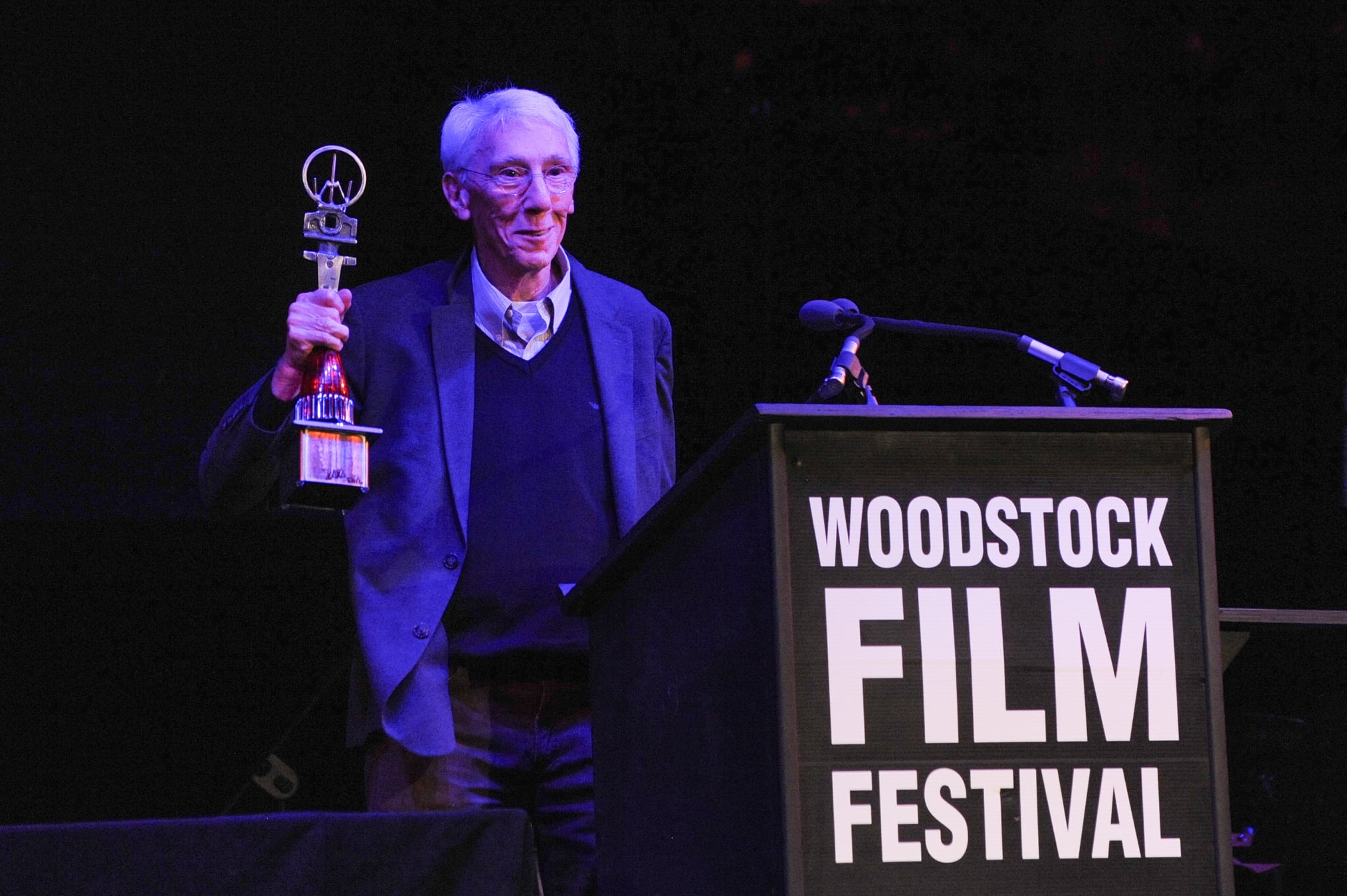
Leon Gast accepting the Lifetime Achievement Award at the 2016 Woodstock Film Festival (Photo: Woodstock Film Festival; used with permission)
Leon Gast, who won an Academy Award for Documentary Feature for his 1996 film, When We Were Kings, about the world heavyweight championship boxing match between Muhammad Ali and George Foreman held in Zaire in 1974, died today (March 8, 2021), at his home in Woodstock, N.Y., of complications from Alzheimer’s disease. The news of his passing was announced by Meira Blaustein, the founder and executive director for the Woodstock Film Festival for whom Gast had been a member of its Advisory Board since its inception in 2000. Gast was 85.
The fight pitted the then-undefeated Foreman, just 25 years old, against the 32-year-old former champion, Ali. The so-called “Rumble in the Jungle” is cited by many as one of the greatest sporting events of the 20th century. Heading into the fight, the fearsome Foreman was a 4-1 favorite by oddsmakers. But Ali deployed his now-legendary “rope-a-dope” tactic, in which he lured the less-experienced Foreman into punching him with repeated, but non-threatening body blows, against the ropes.
The former champ ultimately earned a knockout in the eighth round of the scheduled 15-round bout.
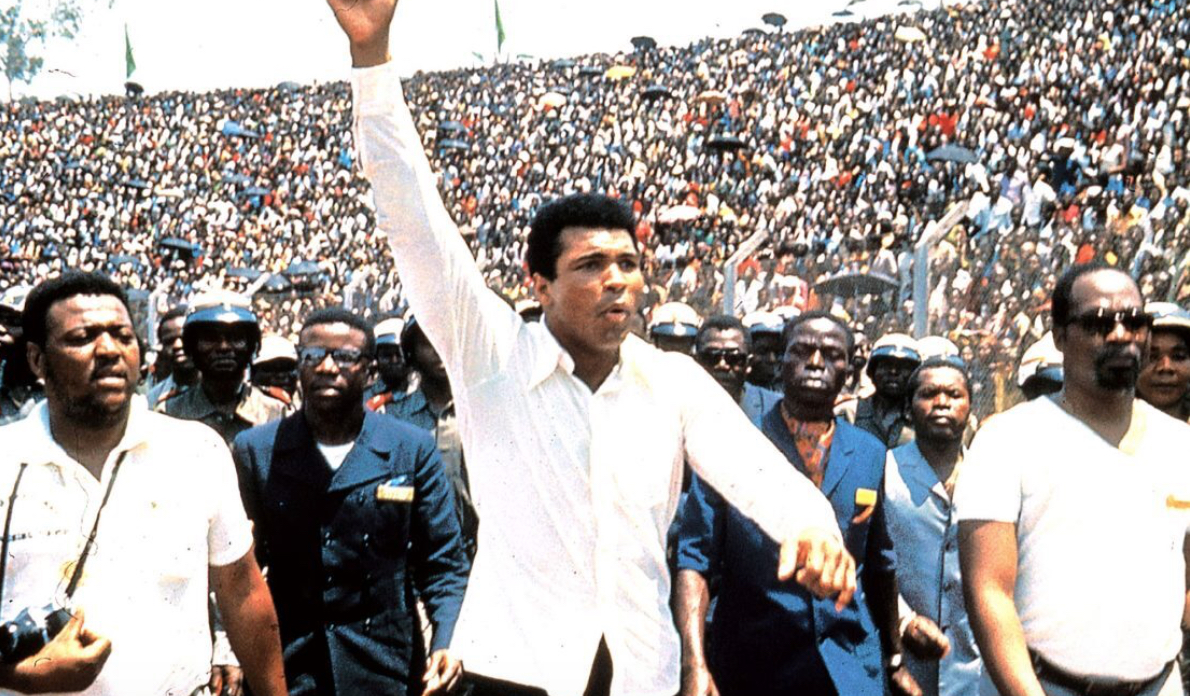
Muhammad Ali in When We Were Kings
Gast’s When We Were Kings also includes the build-up to the match and the way the people of Zaire (now the Democratic Republic of the Congo) embraced Ali after the fight, originally scheduled for Sept. 25, was postponed for six weeks after Foreman cut his forehead during a sparring match. The fight, eventually held on Oct. 30 at 4 a.m. local time to allow it to synch up with U.S. audiences watching it via satellite feed in movie theaters, was attended by numerous celebrities, many of whom Gast’s team interviewed for the film, including George Plimpton, Norman Mailer and Spike Lee.
The film was delayed for decades due to legal and financial difficulties. At a Woodstock Film Festival panel some years ago, someone asked Gast how long it took him to make the film. “22 years,” he said. When asked if there was anything he regretted about that, he replied, “If I only had two more weeks.”
When Gast told Ali that he and his crew would be on his flight to Zaire, the boxer told him, “Just don’t get in my face,” Gast told the Poughkeepsie (N.Y.) Journal. Ali warmed up to him on the long flight. “From then on, I had total access to him. He was just very helpful along the way.”
Watch the trailer for When We Were Kings
Related: Muhammad Ali – Greatest showman of a generation
Both Foreman and Ali, who was suffering from Parkinson’s, attended the 69th Academy Awards in 1997. After greeting both men when his name was announced as the winner, Gast thanked Foreman and then Ali, “the man who realized a long while ago that he could make a difference. And he devoted his life to making a difference.” In a truly goosebump-inspiring moment, the entire audience rose as the two legends came to the stage.
A native of Jersey City, N.J., Gast studied dramatic arts at Columbia University, but dropped out shortly before graduation to work on the television series High Adventure with Lowell Thomas. A documentary show centered on expeditions to seldom-seen places over the world, it provided Gast the opportunity to travel extensively. While attending these away shoots, he began learning how to make non-fiction films. During the 1960s and 1970s, Gast earned acclaim for his still photography and his work appeared in such magazines as Vogue, Esquire and Harper’s Bazaar.
The Latin music label, Fania, hired him to shoot several album covers, The Fania All-Stars Live at the Red Garter, followed by The Fania All-Stars Live at the Cheetah. One thing led to another and he was soon directing a documentary on New York’s Latin music scene, 1972’s Nuestra Cosa Latina (Our Latin Thing).
He co-directed the 1977 documentary, The Grateful Dead Movie, with Jerry Garcia, that captured the band’s October 1974 residency at Winterland in San Francisco. His other films include a 1974 documentary on B.B. King, 1983’s Hells Angels Forever and the 2010 film, Smash His Camera, about the noted paparazzi, Ron Galella.


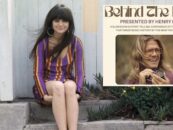
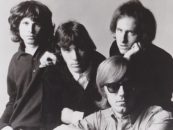
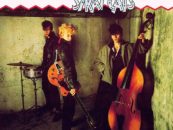
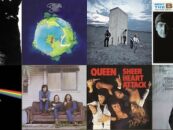

No Comments so far
Jump into a conversationNo Comments Yet!
You can be the one to start a conversation.